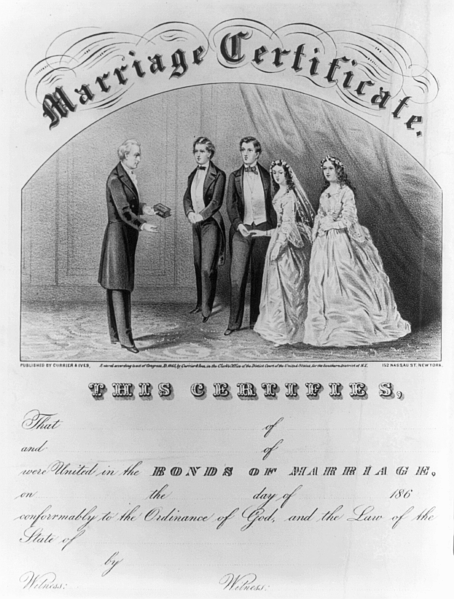‘Alimony Drones’ and ‘Gold-Diggers’: Protecting Economic Vulnerability Through Spousal Maintenance Orders
PLEASE CLICK HERE TO DOWNLOAD THE FULL DISSERTATION
My name is Sophia Gonella and I am 22 years old. I am a member of the college of St. Hild and St. Bede and possess a keen interest in family law and financial remedies. Having recently graduated from the Durham LLB with first class honours, I am currently a tutor for the undergraduate Trusts Law module whilst undertaking my Master of Jurisprudence project concerning trusts of the family home. My engagement with this research follows the completion of my undergraduate dissertation, which explored the origin and impact of the negative ‘gold-digging’ stereotype upon women seeking spousal maintenance following divorce and how the law should address this. I chose to write on this topic as I am fascinated by the intertwining of complex proprietary concepts with the emotional circumstances, choices and consequences of families, particularly the gender dynamics that are involved. In light of the recent Divorce, Dissolution and Separation Act 2020, permitting no-fault divorce, which was given Royal assent in June, I hope that this would be particularly relevant as I believe that the issue may be given more focus over the next year or so.
-Sophia Gonella, Author
Introduction
This dissertation will critically evaluate the law governing spousal maintenance awards on divorce. It will address popular criticisms of so-called ‘gold-digging’ and assess the extent of the truth behind these.
Chapter One will investigate the history of the duty to maintain, postulating that calls for reform of spousal maintenance rest on the assumption that men and women have equal opportunities and earning capacity, enabling them to both recover from divorce at the same rate. It will contend that throughout modern history, the obligation to maintain the homemaker has retained the original purpose of protecting her from economic vulnerability. It will be advanced that criticisms arising from judicial discretion ascribed under the Matrimonial Causes Act 1973 have been sensationalised by the media and select academic commentators, such as Deech, in order to gather widespread attention.
Chapter Two will examine the primary criticisms of spousal maintenance, making a distinction between the way in which the awards are generated in ‘big money’ cases and ordinary cases. The media has focused on high-profile cases with large maintenance awards and overlooked the most common form of maintenance as a method of protecting economic vulnerability in cases with limited assets. The dual reasons for this vulnerability will be highlighted as homemaking responsibilities and reactionary decisions from the ‘gold-digging’ stereotype. Having performed a comparative analysis between the cliché and the truth, it will be concluded that there are two important problems concerning spousal maintenance. Firstly, the length of terms in ‘big money’ cases are too long, particularly considering the ease with which wealthier wives may recover from divorce and financially support themselves. It is therefore questioned whether a judge should curb this maintenance period in favour of allocating capital. Although this preference is judicially emphasised, there are cases deemed ‘exceptional’, which arguably jump too high in awarding generous joint lives orders rather than extendable terms. This generosity in ‘big money’ cases overshadows the need for spousal maintenance in ordinary cases. Thus, secondly, there is insufficient acknowledgment by law and society of the primary purpose of spousal maintenance in protecting wives.
In light of observations from Chapter Two, Chapter Three considers resolutions to these problems with a view to overcoming the negative discourse of spousal maintenance. It will advocate for a statutory cap of ten years alongside supplemental guidelines, including a provision permitting judicial discretion to override the cap in exceptional circumstances, which is argued to be sufficient for most women to recover economically from a divorce. This may appease media disparagement which often focuses on the lack of restrictions surrounding maintenance. Furthermore, obliging the judiciary to adopt a relational approach to acknowledge female post-divorce economic vulnerability within judgments is suggested. Through attacking and systematically dismantling the stereotypes of ‘alimony drones’, society and the law can progress to acknowledge socioeconomic realities of divorce and protect wives.
This dissertation believes that married women and their lived experiences must be valued and represented fairly in law and society. Terms such as ‘career divorcees’ are derogatory and undervalue choices made by wives and their contributions to society without acknowledging their economic vulnerability following divorce. Although recently, this ‘relationship-generated-disadvantage’ is recognised more through compensatory capital sums, spousal maintenance has a vital role in protecting ordinary women through providing an income to ease their transition to independence.




